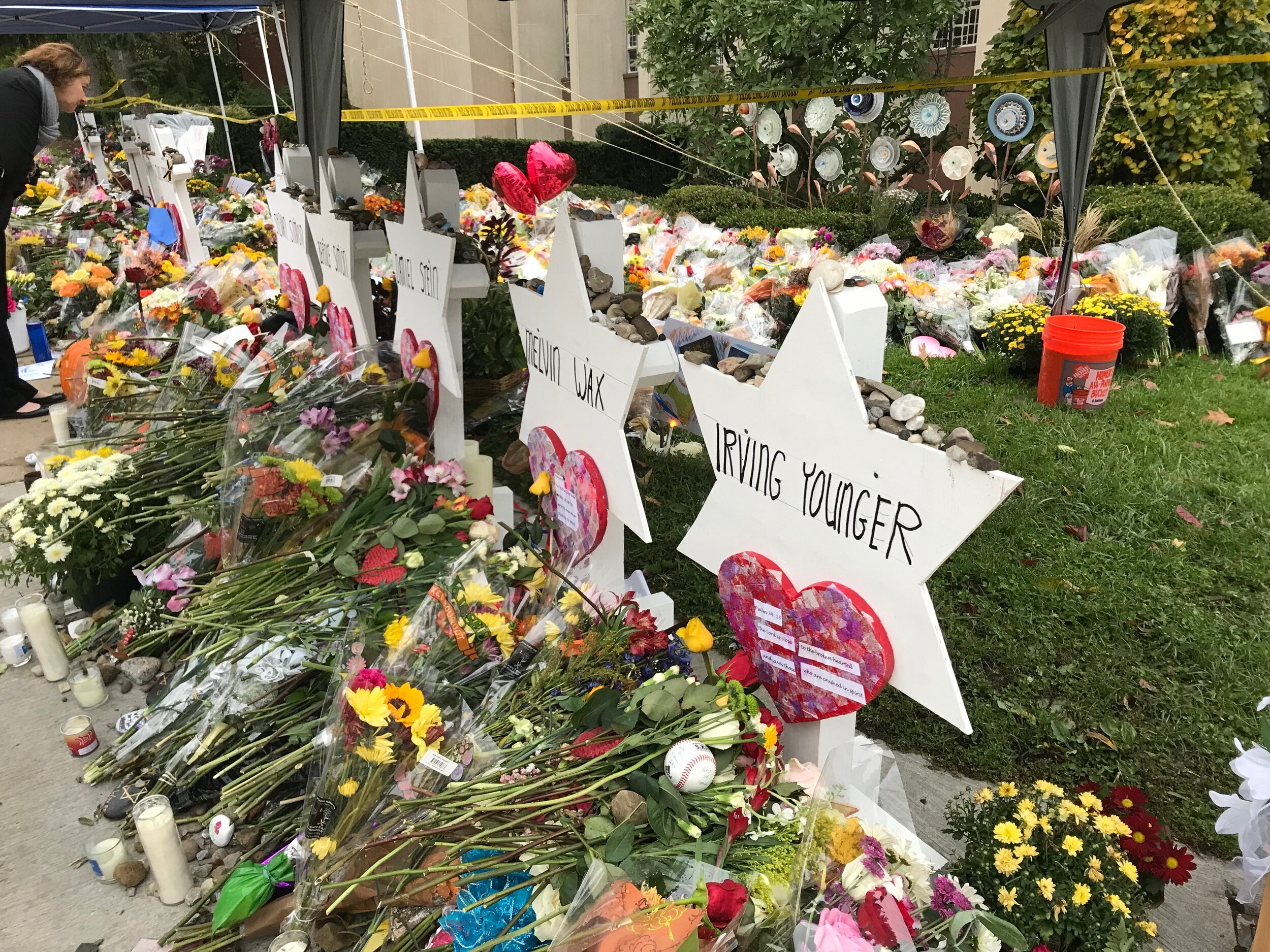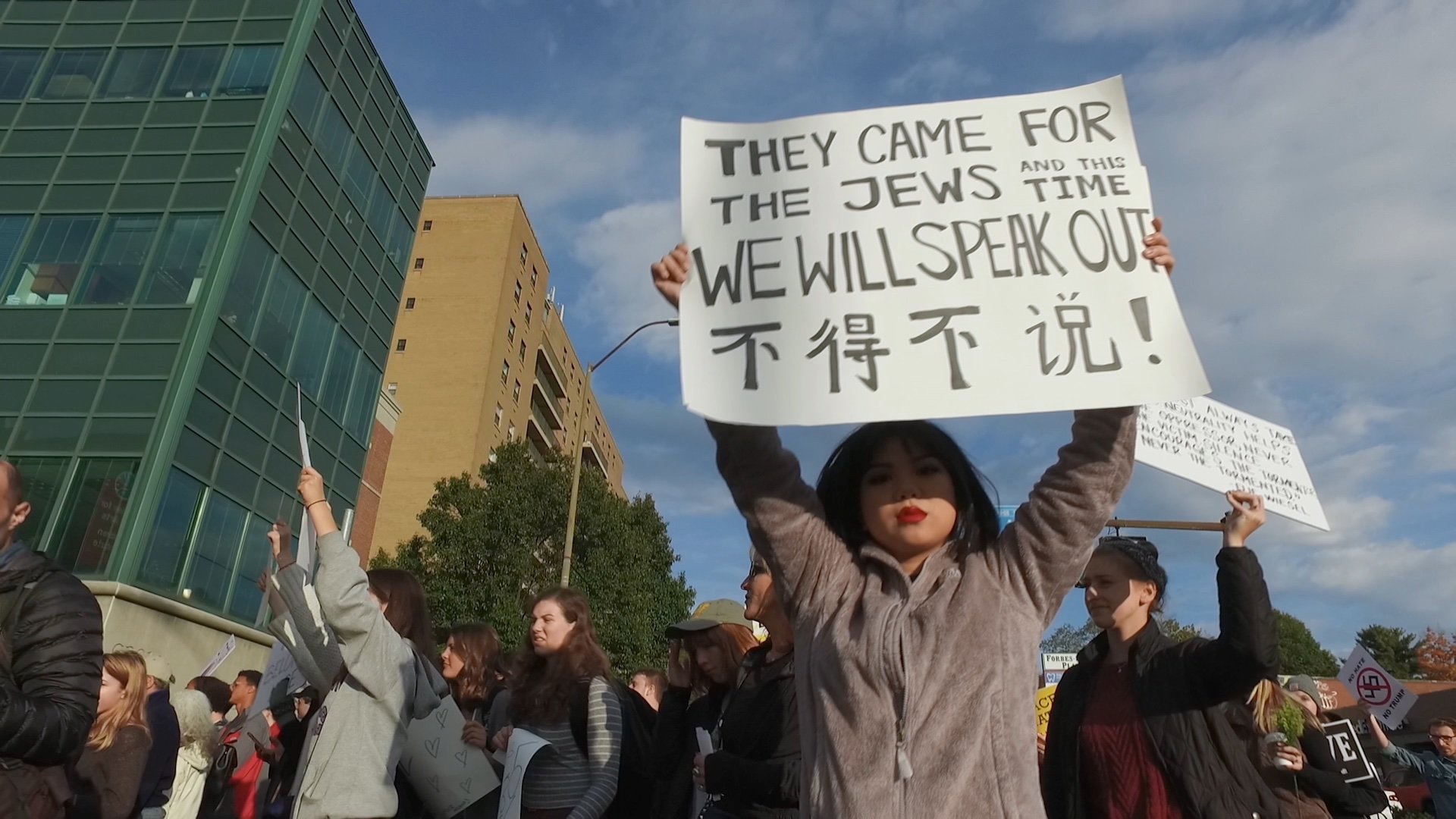Excerpted from Facing History and Ourselves’ “Antisemitism and It’s Impacts” Explainer
What Forms Does Antisemitism Take and Where Does It Show Up?
Because humans often divide our societies into “in” groups and “out” groups, and because we often blame groups of people for tragedies or changes we can’t explain or control, antisemitism is constantly repackaged to reach new generations in new contexts.
It can show up in a school as an anti-Jewish bullying incident, in organized white nationalist ideologies, and in memes promoted by politicians, celebrities, and social media influencers. How antisemitism looks changes over time, but the attitudes, stereotypes, and conspiracy theories underneath the packaging (as well as the harm they cause) remain largely the same.
While many people associate antisemitism with the Holocaust, this hatred and the acts fueled by it did not begin in the 1930s, nor did they end in 1945 when the Nazis were defeated. Jews have been stereotyped, exiled, and violently assaulted based on a wide range of false accusations and assumptions for thousands of years. Anti-Jewish ideology has been around for so long that it can be difficult, at times, to recognize. Antisemitic attitudes span the political spectrum, and even in communities without a visible Jewish population, anti-Jewish stereotypes and behavior can exist. People can pass on negative stereotypes about Jewish people or Judaism without realizing it, even when they personally don’t feel hatred toward Jews.
Young people are particularly at risk of encountering antisemitic content in unmonitored digital spaces—meme culture, social media, and gaming platforms. By understanding what antisemitism is, how it shows up, and how it impacts individuals and communities, we are more likely to recognize and, more importantly, challenge antisemitism when we encounter it.
NEXT: Is Antisemitism Racism?

"Eleven beautiful lives were cut down in our synagogue. But we're a tree of life, more leaves will grow back, more branches will grow back. We're not letting hate close our doors, ever.”
— Rabbi Jeffrey Myers, Tree of Life synagogue in Pittsburgh, PA
Interested in participating in the Repairing the World film campaign? Let us know!
Sign up for Not In Our Town eNews. If you would like to support this project, please donate.




